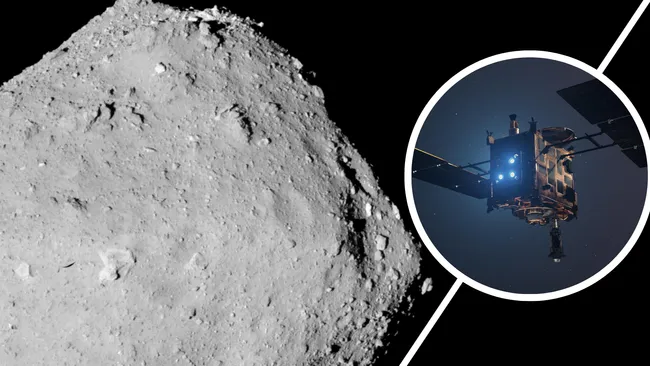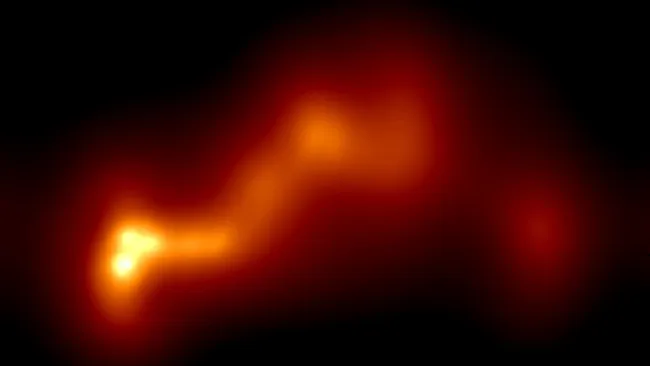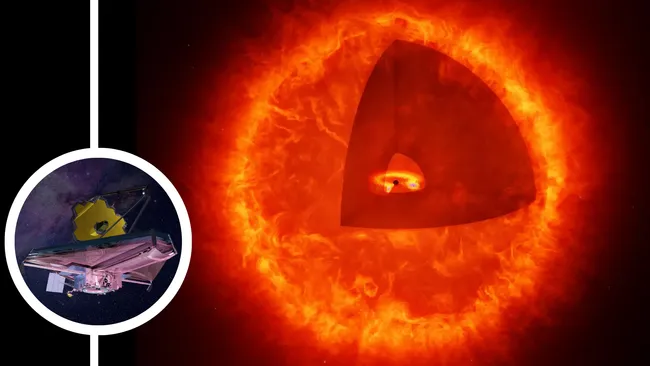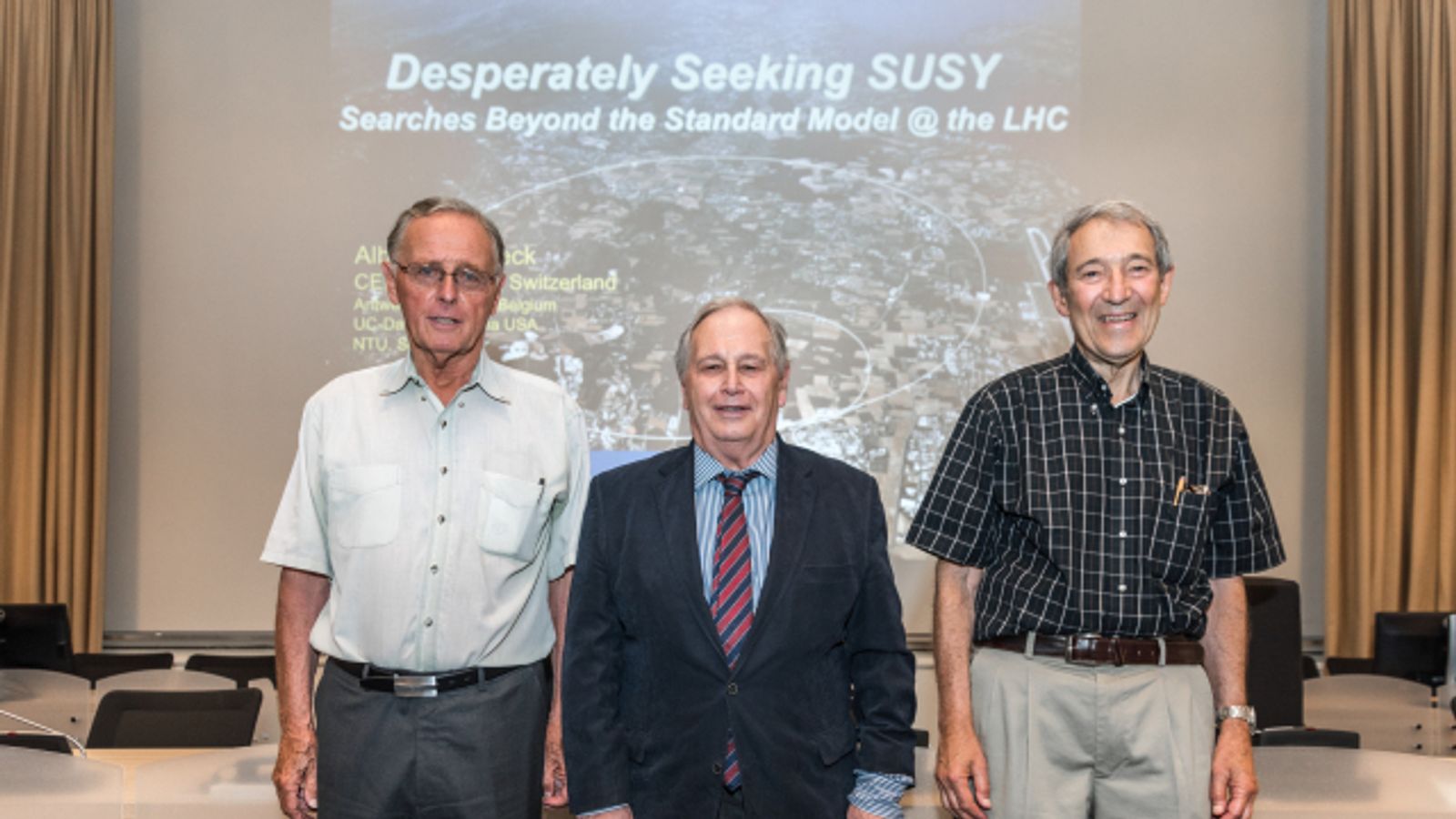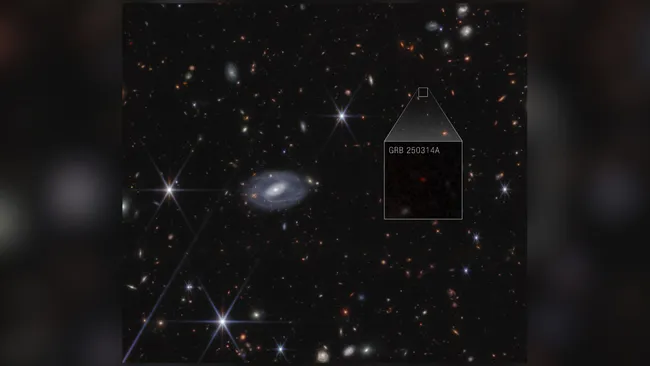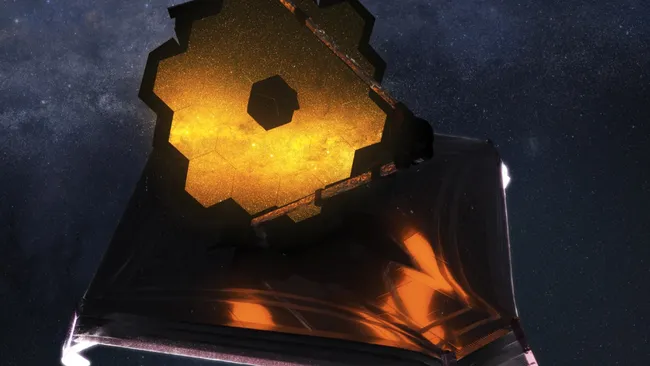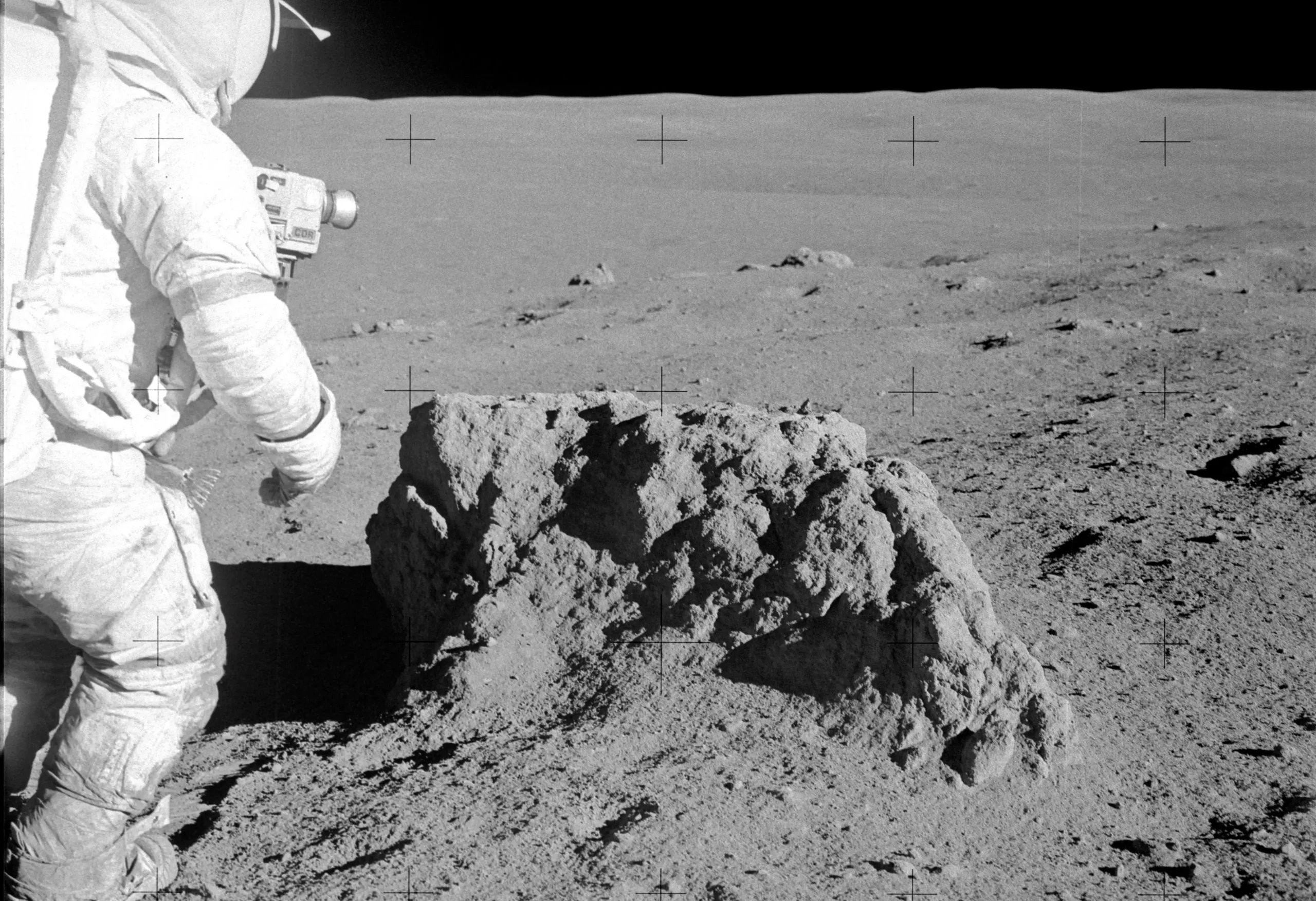Scientists have discovered evidence of flowing water on Ryugu’s ancient parent asteroid, a finding that has surprised researchers and could reshape our understanding of planet formation.
The discovery revealed that liquid water persisted for over one billion years after Ryugu’s parent body formed. This conclusion came from the analysis of rock samples collected by Japan’s Hayabusa2 probe between 2018 and 2019 and returned to Earth in December 2020.
Carbonaceous asteroids like Ryugu are believed to form from ice and dust in the outer solar system. They are thought to preserve a fossil record of primordial materials from 4.6 billion years ago. Before this research, scientists assumed that asteroid water activity lasted only in the early moments of solar system history.
This new discovery suggests that carbon-rich asteroids such as Ryugu may have held water far longer than expected. This implies that these asteroids could have delivered significant amounts of water to Earth, influencing the development of early oceans and the atmosphere.
“We found that Ryugu preserved a pristine record of water activity, evidence that fluids moved through its rocks far later than we expected,” said Tsuyoshi Iizuka from the University of Tokyo. “This changes how we think about the long-term fate of water in asteroids.”
The study was conducted using radioactive isotopes of lutetium and hafnium within Ryugu’s rock samples. Their unusual ratio suggested that late fluid movement had altered the chemical balance, most likely triggered by an impact that fractured the asteroid and melted buried ice.
This impact may have also led to the disruption of the parent asteroid and eventually to the formation of Ryugu itself. The results indicate that Earth’s building blocks might have been wetter than scientists imagined, demanding a rethink of our planet’s starting conditions for water systems.
Despite working with samples smaller than a grain of rice, researchers developed sophisticated methods to separate elements and analyze isotopes with extreme precision. This allowed them to uncover subtle signs of late fluid activity.
The team’s next step will be analyzing phosphate veins within Ryugu samples to determine a more precise timeline of water activity. Comparisons will also be made with asteroid Bennu samples returned by NASA’s OSIRIS-REx mission in 2023.
The research findings were published in Nature on September 10, 2025.

